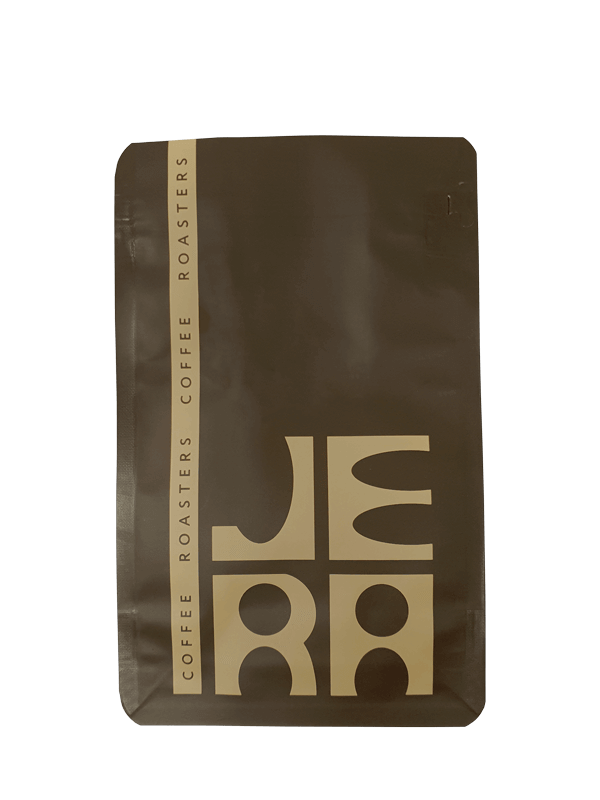קפה אתיופי | Guji, Uraga, Siko ashing station
קפה אתיופי קלאסי בעיבוד שטוף
קפה עם טעם נקי, גוף מתקתק עם חמיצות הדרית. טעמים של ליים, אפרסק, פרחים ותה שחור. קפה בקלייה בהירה, מצוין להכנה בפילטר.
₪50.00 – ₪200.00
ברכישת כל סוגי קפה קלוי בסכום:
בין 600 ש"ח ל-1000 ש"ח עם קוד קופון "10%" תקבלו 10% הנחה
בין 1001 ש"ח ל-1500 ש"ח עם קוד קופון "20%" תקבלו 20% הנחה
מעל 1501 ש"ח עם קוד קופון "30%" תקבלו 30% הנחה
.This lot comes from a washing station named Siko. Located in the Siko village of Uraga, Guji, this washing station produces quality cup profiles and high-scoring lots
The station buys cherries from around 500 neighbouring farmers, whose farms sit at high altitudes of 2100 – 2250 masl. The land’s rich, fertile, red soils, combined with constant sunlight exposure, allow the well-trained farmers to grow high quality coffee.
:Processing
.Cherries are collected manually and hand sorted later
.Pulping and pre-grading
.These coffees are wet-fermented for 24 to 72 hours, depending on the weather
Washing and grading in channels:
The coffees are washed in channels, and graded in water by density. The ones with lower density (lower quality) will float and are removed, leaving only the denser, and therefore higher quality beans, which are separated as higher grade lots.
Soaked under clean water:
After fermentation, soaking takes place for 6 hours.
Drying and hand sorting:
The coffee is then piled up in layers which are 2 cm in height. It is then dried over a 13-day period, followed by hand sorting for 2-4 hours.
Warehousing:
After drying, the coffees are packed in jute bags and stored in the local warehouse onsite, separated by process and grade. Lot sizes can vary from 100 – 300 bags. This process helps condition the coffee and achieve a more uniform humidity. They will normally be stored 1-2 months before they are moved. In some cases, the parchment is hand-sorted in the warehouse.
Logistics:
After the harvest season is over, the coffees are moved to warehouses and dry mills in Addis. Trucking is expensive in Ethiopia. The coffee trucks must pass a local ECX checkpoint where its contents are graded and registered as an exportable product, before it continues to Addis Ababa.











